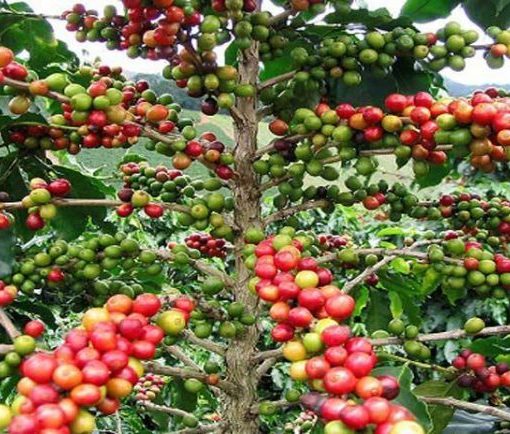Ethiopia’s economic situation is characterized by both strengths and challenges. Here are some key points based on the search results:
- Growth: Ethiopia has been one of the fastest-growing economies in Africa, with an average growth rate of nearly 10% per year over the past 15 years . However, recent data shows that real GDP growth fell to 5.3% in 2022 from 5.6% in 2021.
- Population and Poverty: With a population of about 126.5 million people, Ethiopia is the second most populous nation in Africa after Nigeria . Despite its strong growth, Ethiopia remains one of the poorest countries, with a per capita gross national income of $1,020
- Investment and Business Environment: Ethiopia has embarked on an ambitious economic reform agenda to increase the number, diversity, and market share of private businesses in the country . However, the business enabling environment is still weak, and Ethiopia ranked 175 out of 191 countries in the World Bank Ease of Doing Business Index
- Agriculture: The agricultural sector is a significant contributor to Ethiopia’s GDP, accounting for more than a third of the country’s GDP . The main agricultural products include cereals, coffee, oil seed, cotton, and sugarcane
- Infrastructure: Ethiopia has made significant investments in public infrastructure, which has been a driver of economic growth. However, the country still faces challenges in terms of limited financing and low technical capacity, which hinder the operationalization of climate and green growth strategies .
- Political Stability: Political instability remains a concern in Ethiopia, with high levels of insecurity nationwide . However, there is a relative improvement in political stability, which is expected to drive a gradual increase in real GDP growth, supported by liberalization and privatization reforms .
- External Financing: Ethiopia faces external financing pressures, including the maturity of a US$1 billion eurobond in end-2024, which presents a high risk of a debt crisis due to the weak foreign reserve position
It’s important to note that the information provided is based on the search results and may not capture the most up-to-date developments in Ethiopia’s economic situation.




